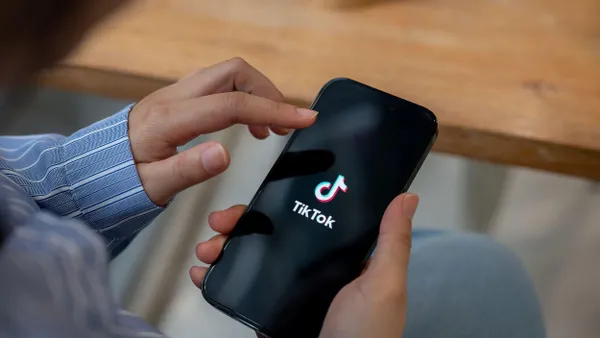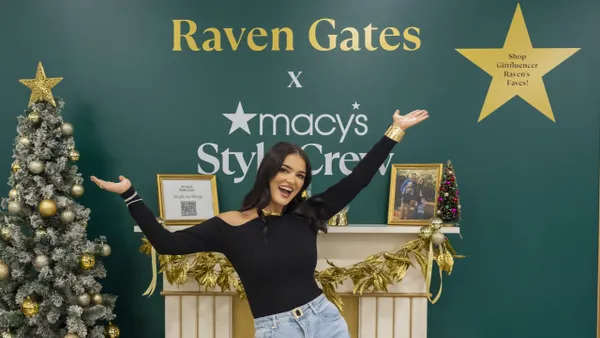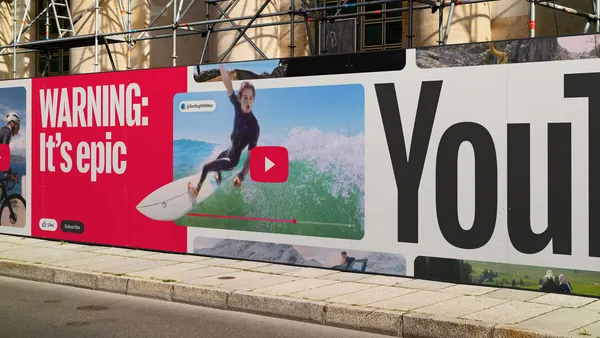Tea Forte's pyramid-shaped tea infusers are mainstays in the luxury hospitality world, offered at W Hotels and first-class lounges and sold at retailers like Neiman Marcus and Saks Fifth Avenue. However, the brand sells most of its products on Amazon, where only so much of the user experience can be customized. Leveraging data and customer relationship management helps the brand find a balance between maintaining an air of exclusivity and building lifetime value for existing customers.
By design, Tea Forte's products initially weren't widely available, but challenges like scattered customer data and difficulty in building lifetime value were hindering the company's growth as it tried to remain customers' "best kept secret." By making its products available on Amazon, Tea Forte is more accessible to customers who have discovered the brand's products while at higher-end restaurants or hotels, through events hosted by friends or, most commonly, received them as a gift. Still, Tea Forte wanted to better recognize what, beyond the product experience, would resonate with customers to entice them to purchase again and again.
"How can we grow and make ourselves available to customers that want us without being everywhere and losing that brand control? Without the brand, the packaging and the world we create, it's just a commodity. And then it just comes down to price," Jurgen Nebelung, Tea Forte's vice president of e-commerce and digital told Marketing Dive. "It's so important for us to control the brand, the experience, the copy. We're controlling our destiny."
How luxe translates to Amazon
Tea Forte has a clear understanding of the demographics of its core customer base, which is 45-55 years old, has a high disposable income, interested in health and wellness and well-traveled. The luxury experience is key to why its customers chose the higher-priced tea brand, according to its marketing team.
"You're not going to the grocery store to buy bags of tea, you're buying beautifully designed packaging and a great unboxing experience," Nebelung said. "There's certainly some cache in giving the gift of Tea Forte to another person and what it says about the relationships between the two people as well as the gift giver's taste."
After partnering with CRM company Zaius, the brand was able to gain a deeper understanding of its customers by merging sales and customer data into one place. This allowed for better segmentation and targeting, enabling Tea Forte to boost the relevancy of email campaign messaging, which Nebelung said simply wasn't possible before. Over time, the brand has built lifetime value by personalizing the marketing strategy for customers based on purchase history, abandoned carts, email click-through rates, Facebook ads interaction and other variables.
Though focusing on repeat customers is a narrower segment, Nebelung said the strategy has been a success. Ultimately, the tea brand saw higher response rates and a 20x return on spend for repeat customers through a blend of stronger shopper analytics, targeting and focusing on the luxe experience.
"When you look at the numbers, you can't build a business entirely off of existing customers," Nebelung said. "There are many less expensive teas out there, but people choose us again and again because of the experience our products bring."
Offline approach to programmatic
Later this year, Tea Forte plans to further ramp up its CRM efforts by experimenting with a modern take on direct mail. Nebelung said the company wants to explore how the intelligence-powered concept behind programmatic marketing can be deployed via offline efforts, such as postcards personalized to a specific shopper or audience segment, providing a stronger relevance than traditional mail blasts.
"Direct mail is fundamentally higher touch and higher response, but it is more expensive. We think it could complement email or our other marketing outreaches," Nebelung said. "Everything is up for exploration."













